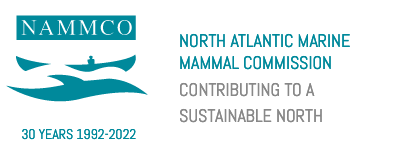In 2015, the United Nations General Assembly defined 17 Sustainable Development Goals (SDGs) as an urgent call for action. These interlinked global goals form a blueprint for Member States, organisations, and companies, to achieve a better and more sustainable future for people and planet, now and in the future.
NAMMCO is committed to the sustainable and responsible use of marine resources by developing effective conservation and management measures for marine mammals, while acknowledging the rights and needs of coastal communities. The sustainable use of marine mammals by coastal communities contributes to a lower environmental footprint, improved livelihoods, and economic growth, and support 7 of the SDGs.
Low environmental impacts
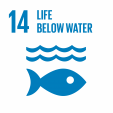
- In NAMMCO management areas, most of the hunts take from stable or increasing stocks.
- The use of marine mammals comes with low collateral costs such as pollution, habitat destruction, or by-catch.
- Using marine mammals for food provisioning implies a very limited usage of freshwater.
- The use of marine mammals has a low carbon footprint, in particular compared to alternatives (e.g., importing farmed meat and many plant proteins, use of artificial fabrics, etc.).
- Most hunts are highly resource efficient; little of the animal goes to waste.
Read more about the Life Cycle Assessment study which NAMMCO initiated.
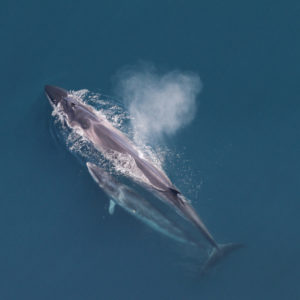
Improved livelihoods

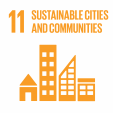
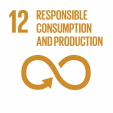
- The hunting of marine mammals provides cash and benefits where few or no alternatives are available.
- The consumption of marine mammals contributes to health and well-being of communities and corresponds to their food preferences.
- The hunting and use of marine mammals is an important aspect of the cultural identity of many coastal communities. It involves social activities and sharing within the community.
- The continued hunting of marine mammals allows for the transgenerational transmission of environmental knowledge and changes accumulated over time.
Read more about the cultural importance of marine mammals.
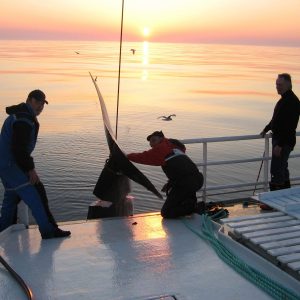
Economic growth



- For some coastal communities, the use of marine mammals provides jobs in areas where there are few or no alternatives.
- The hunt of marine mammals creates more varied fisheries and expands the length of the harvesting season.
- Securing small-scale fisheries/hunting, that are important for livelihoods, food provisioning and community well-being, supports Blue Justice.

